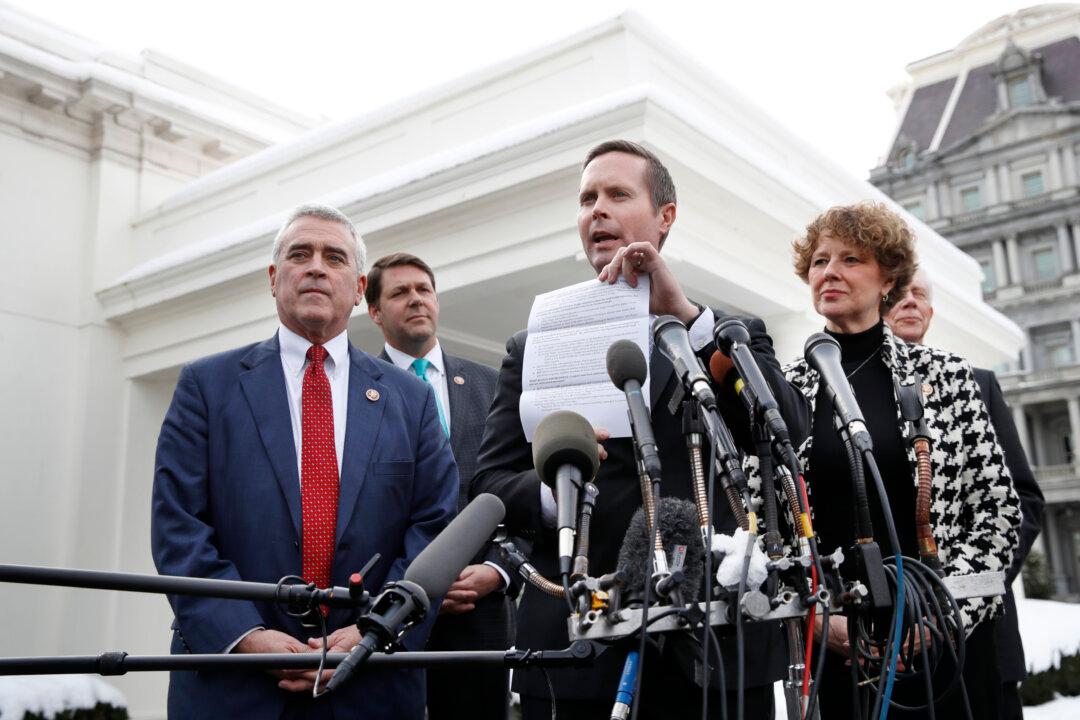Allowing congressmen to vote remotely by proxy and participate in committee hearings digitally instead of in person have “crushed the ability to govern in a bipartisan fashion,” according to the top Republican on the committee that administers the House of Representatives.
“These are single-handedly the worst policies that have been enacted, that have really crushed our ability to govern in a bipartisan fashion,” Rep. Rodney Davis (R-Ill.) told The Epoch Times on March 25.





